Directory
- Share
Lisa Neidhardt
- Alumni
- Germany
- 2019 PhD Medical Science at the Cambridge Institute for Medical Research
- Jesus College
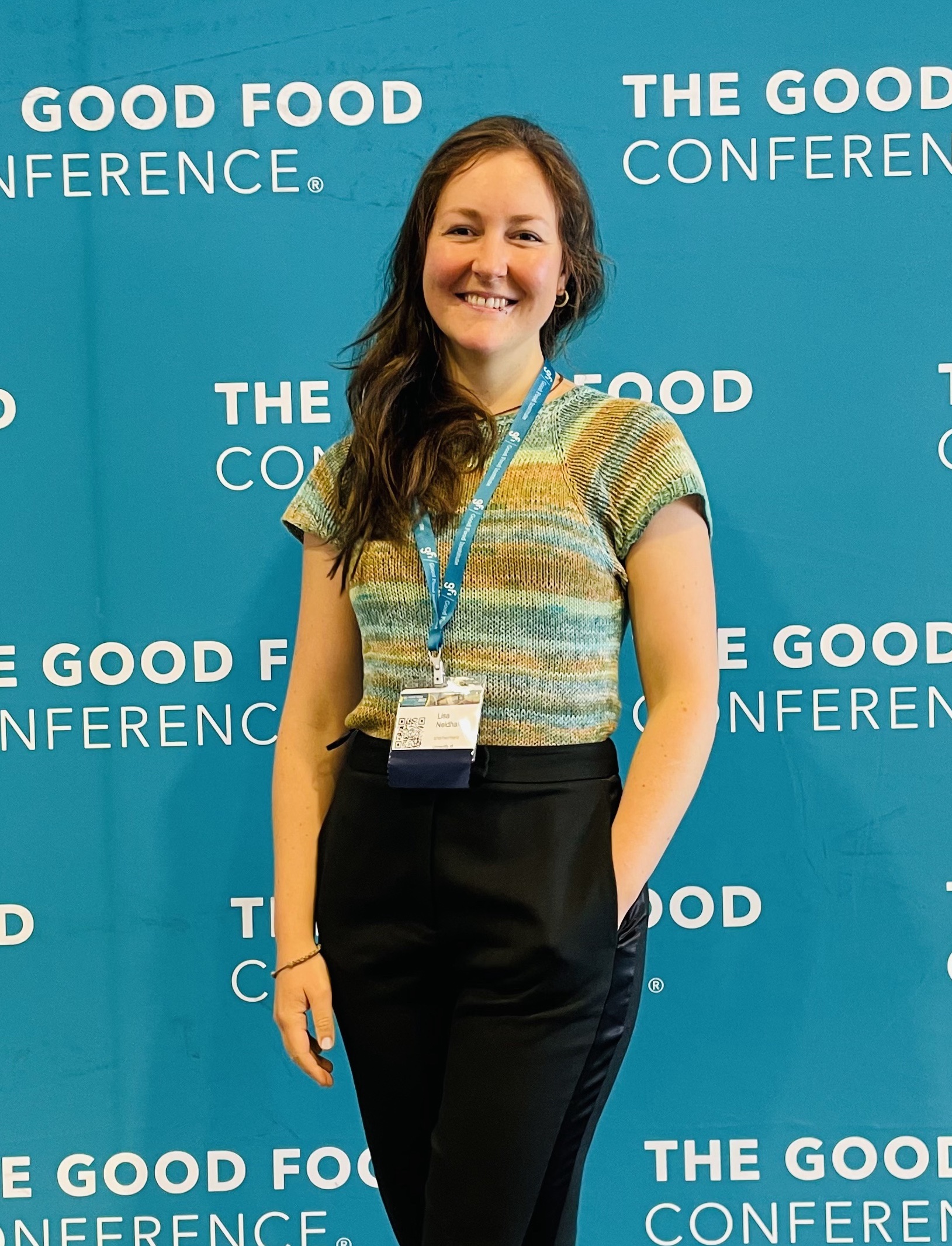
Lisa Neidhardt
- Alumni
- Germany
- 2019 PhD Medical Science at the Cambridge Institute for Medical Research
- Jesus College
Since my first biology lessons in school I have been fascinated by understanding nature and I have steadily developed the strong ambition to become a scientific researcher. I undertook my Bachelor’s and Master’s study in biochemistry at Free University of Berlin, where my research mainly focused on protein folding homeostasis during aging and neurodegenerative diseases in particular of Huntington’s disease. For my PhD I joined the lab of David Ron at the Cambridge Institute for Medical Research, where I will study cellular adaptations to the stress of unfolded and misfolded proteins in the secretory pathway. The unfolded protein response (UPR) defends protein folding homeostasis in the endoplasmic reticulum (ER) by matching the folding capacity to the unfolded protein load in the compartment. This simple feedback process impacts the function of the secretory pathway and because protein secretion is central to intercellular communication, ER stress and the response to it influences many physiological and pathophysiological processes. I am personally very much interested in impact through innovation and sustainable technologies, in particular alternative proteins to reshape our food system.
Previous Education
Free University of Berlin Biochemistry 2018
Free University of Berlin Biochemistry 2015
Sara Neihaus
- Alumni
- United States
- 2010 PhD Plant Sciences
- Gonville and Caius College
Sara Neihaus
- Alumni
- United States
- 2010 PhD Plant Sciences
- Gonville and Caius College
Originally from Wetumpka, Florida, I graduated from the University of Florida in 2005 with degrees in Mathematics and Environmental Science. After working for 5 years in land conservation, I am currently a first year PhD student in the ecology group in the Department of Plant Sciences. My fieldwork will take me to Panama, where I am investigating the relationship between soil nutrients, plant growth, and soil respiration through an ongoing leaf litter manipulation experiment in a tropical lowland forest. I aim to advance the understanding of how nutrients and carbon cycle through the rainforest, with applications for conservation and improving climate change models.
Dasha Nelidova
- Alumni
- New Zealand
- 2021 MPhil Genomic Medicine
- Murray Edwards College (New Hall)
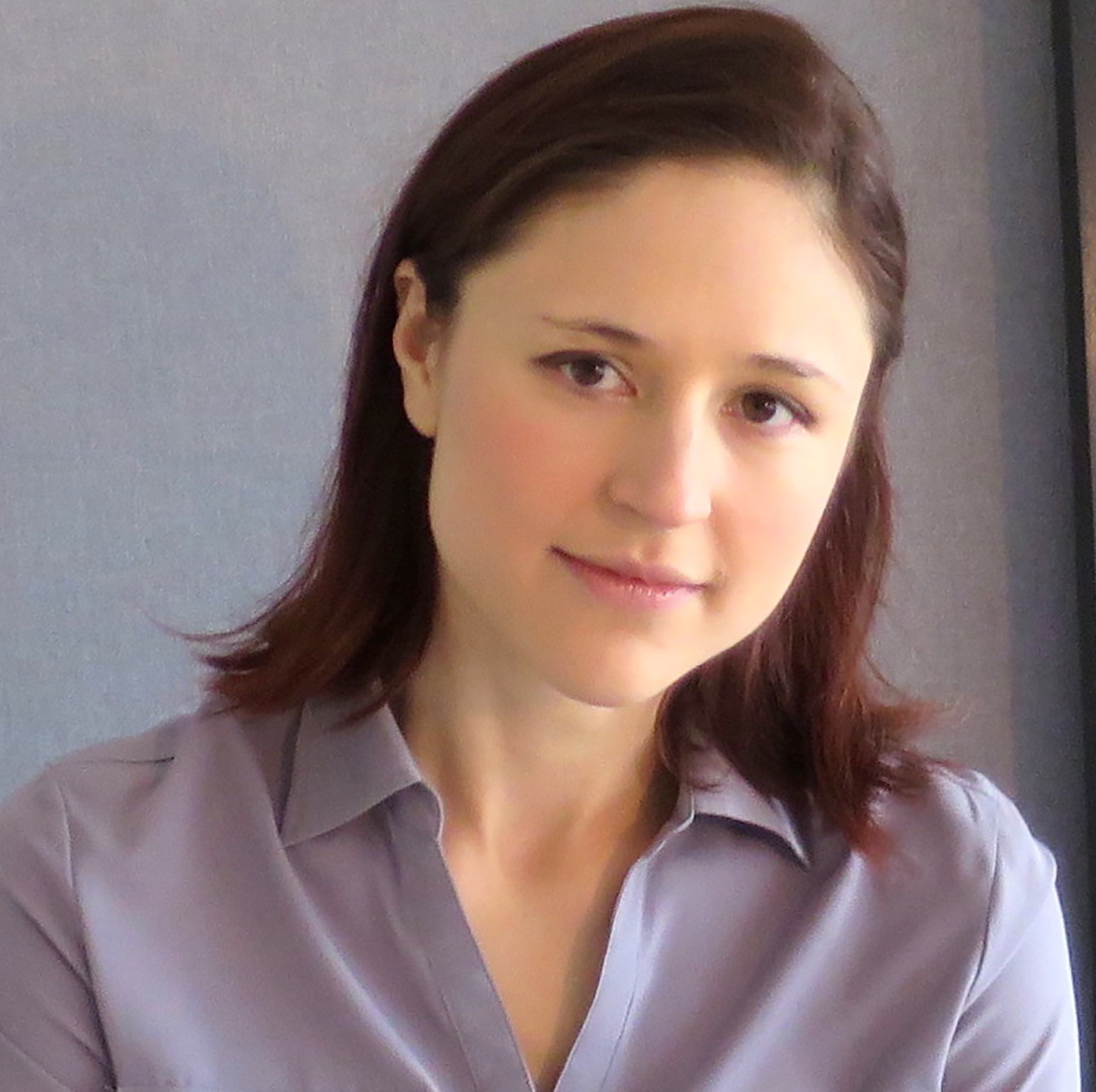
Dasha Nelidova
- Alumni
- New Zealand
- 2021 MPhil Genomic Medicine
- Murray Edwards College (New Hall)
I completed my undergraduate degrees in Medicine, Surgery and Human Biology at the University of Auckland, New Zealand. I completed my Ph.D. in neurobiology at the Friedrich Miescher Institute for Biomedical Research, Basel and at the Institute of Molecular and Clinical Ophthalmology Basel, Switzerland. I work on developing new translational technologies for treating retinal diseases that lead to blindness.
Previous Education
Oxford University Medical Statistics 2023
University Basel Neurobiology 2019
University of Auckland Medicine and Surgery 2012
Taylor Nelms
- Alumni
- United States
- 2007 MPhil Social Anthropological Research
- Girton College

Taylor Nelms
- Alumni
- United States
- 2007 MPhil Social Anthropological Research
- Girton College
I grew up in Carbondale, Illinois and went to school at The Ohio State University, where I learned some Spanish and some anthropology, met a girl, and explored the Midwest. After finishing my MPhil in Anthropology at Cambridge, I moved to southern California to complete my PhD in Anthropology at the University of California, Irvine. I completed a Postdoc in the Department of Anthropology at UCI, and I am now the Managing Director of Research at the Filene Research Institute in Madison, Wisconsin. At Filene, I lead a research team and group of fellows doing research on and in support of credit unions and collaborative finance.
I've written on a range of topics related to money, technology, and alternative economies, from solidarity and bureaucracy in urban Ecuador to cell phone-enabled financial services, zombie banks, and Bitcoin.
Previous Education
Ohio State University Anthropology 2006
Ingrid Nelson
- Alumni
- United States
- 2005 MPhil Geographical Research
- Newnham College
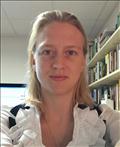
Ingrid Nelson
- Alumni
- United States
- 2005 MPhil Geographical Research
- Newnham College
Sandra Neoh
- Alumni
- Australia
- 2014 Mphil Clinical Science, Translational Med & Therapeutics
- Clare Hall
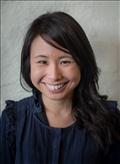
Sandra Neoh
- Alumni
- Australia
- 2014 Mphil Clinical Science, Translational Med & Therapeutics
- Clare Hall
I graduated from the University of Melbourne in 2006 with a Bachelor of Medicine and Surgery and recently completed specialty training in Endocrinology. The MPhil in Clinical Science (Translational Medicine) provides me with the opportunity to explore the process of developing new therapies and technologies from their scientific origins at the bench top into daily clinical practice. My research will focus on the use of new technology for pregnant women with Type 1 Diabetes. In the future, I hope to be able to contribute to advancing the care of patients with diabetes and obesity, twin medical conditions that are growing exponentially and resulting in significant ill health and wellbeing.
Chawita Netirojjanakul
- Alumni
- Thailand
- 2008 MPhil Technology Policy
- Trinity College
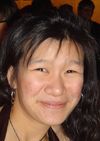
Chawita Netirojjanakul
- Alumni
- Thailand
- 2008 MPhil Technology Policy
- Trinity College
Having experienced the difference in science and technology in Thailand, the US, and the UK, I have a dream to bridge the gap between developed and developing countries in a scientific context. The world is connected by the globalization of IT - perhaps similar attitude could emerge for science. It is a long-term goal of mine to contribute to the development and management of interdisciplinary and collaborative projects that would help to enhance the diversity of global science. I wish to strengthen my policy and entrepreneurship skills through the MPhil program in Technology Policy, which will greatly complement my future progress in science, particularly in implementing possible applications of my research. I plan to emphasize my study on possibilities to initiate scientific enterprise and expand Research and Development departments in existing private enterprises in developing countries, particularly Thailand.
Barbara Neto-Bradley
- Scholar
- Portugal, Canada
- 2021 PhD Plant Sciences
- St Catharine's College
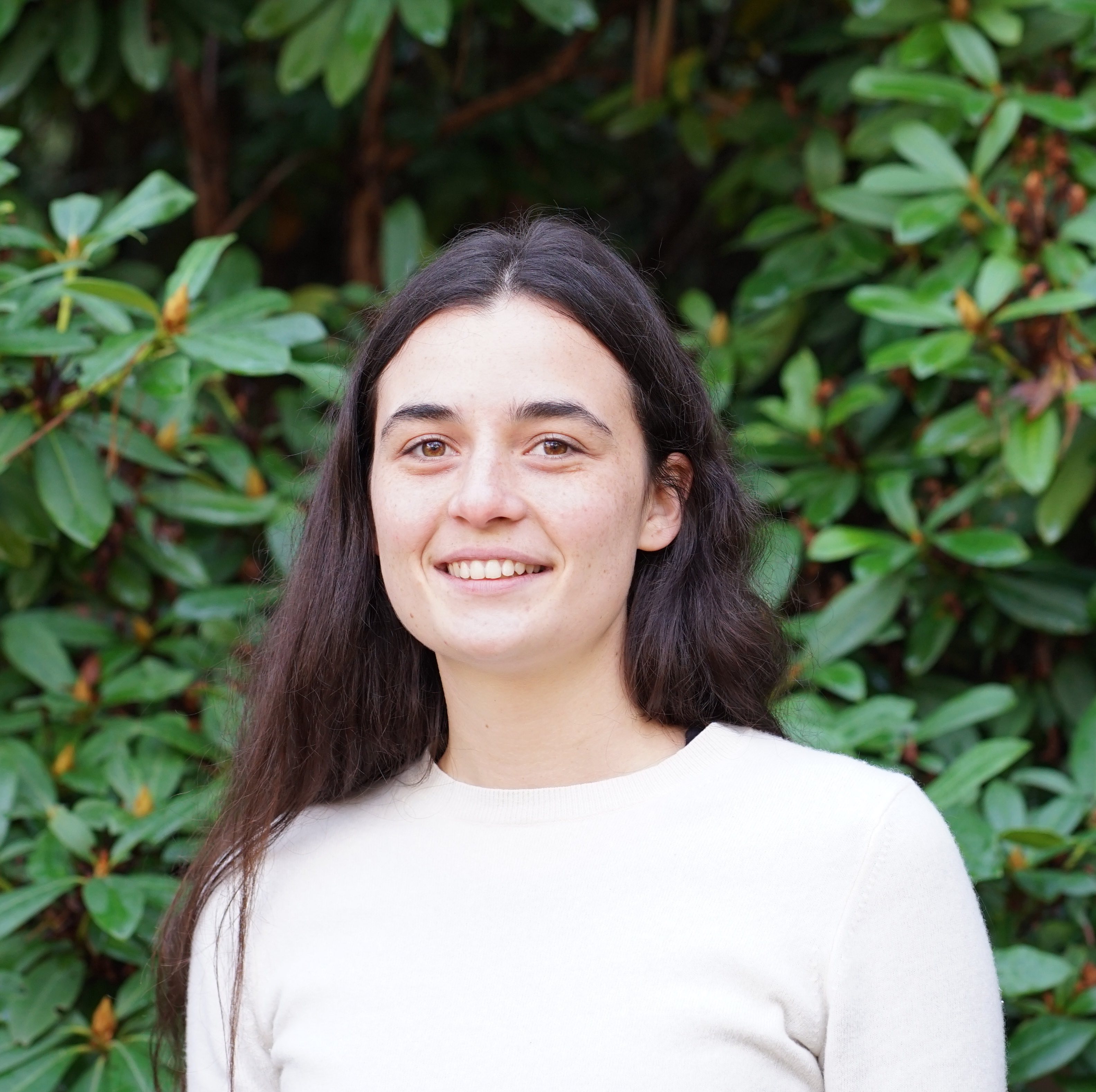
Barbara Neto-Bradley
- Scholar
- Portugal, Canada
- 2021 PhD Plant Sciences
- St Catharine's College
I grew up in Portugal, before moving to Vancouver, Canada for university. At the University of British Columbia I discovered a love of plants. I was drawn into research thanks to a work-learn position at the Beaty Biodiversity Museum’s Herbarium, followed by a MSc in Botany. It was here that I learned how to time travel. For shallow timescales, I used natural history specimens to learn about plant responses to climate change. On deeper timescales, I studied the macroevolutionary patterns of plant photosynthesis. In tandem, I served on the board of a student-run food co-operative where I learned about and contributed to a collaborative effort to reduce on-campus food insecurity by facilitating access to nutritious and sustainably grown foods. These experiences have highlighted for me, the interconnectedness of topics surrounding plant ecology, evolution and conservation with food and agriculture. During my PhD I hope to delve into understanding tropical oak species from an interdisciplinary perspective that draws on all of these aspects.
Previous Education
University of British Columbia Botany 2020
University of British Columbia Biology 2018
Antonia Netzl
- Scholar
- Austria
- 2022 PhD Zoology
- Trinity Hall
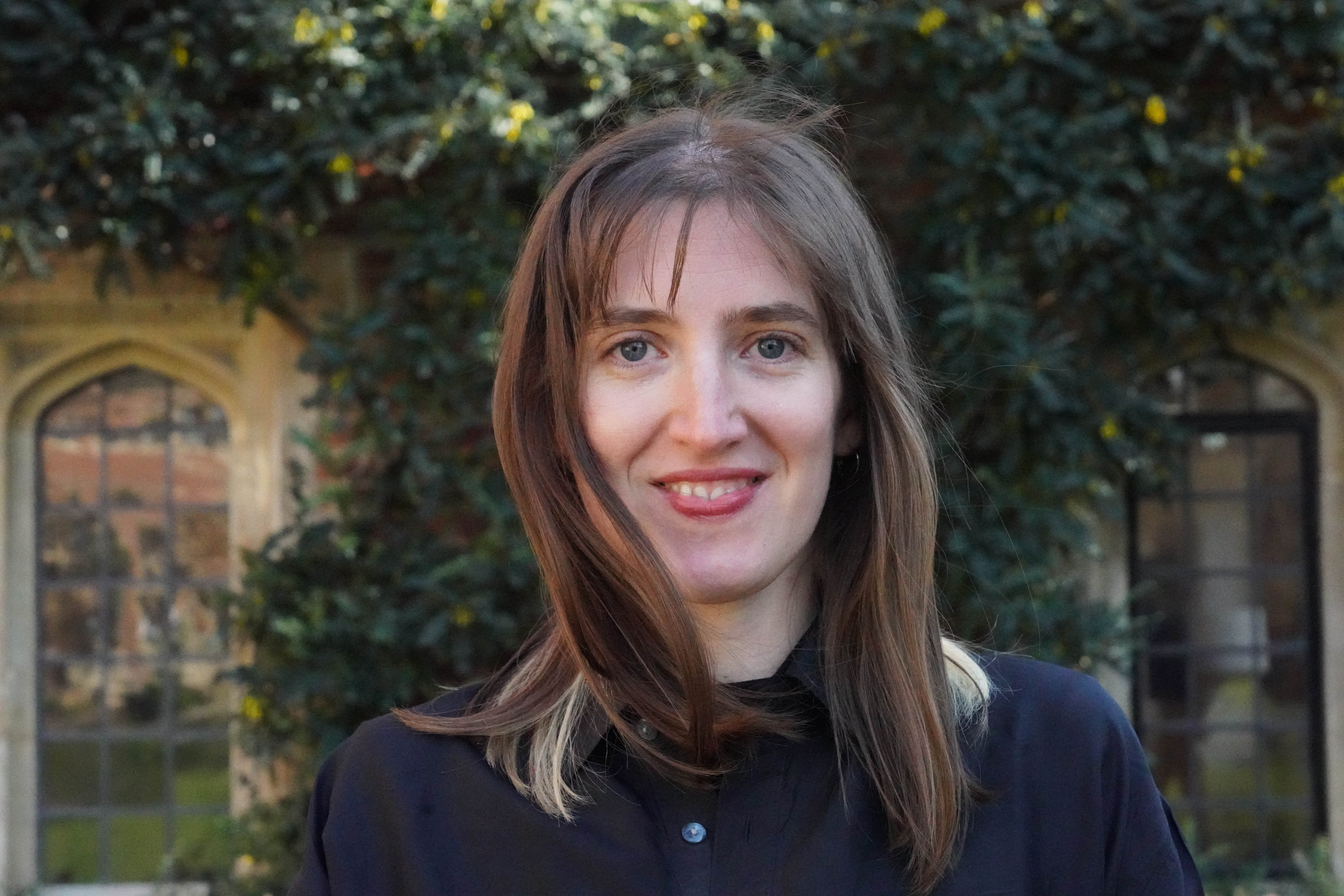
Antonia Netzl
- Scholar
- Austria
- 2022 PhD Zoology
- Trinity Hall
I grew up and obtained my BSc in Molecular Bioscience in Austria, a country where education is free. Realising the privilege of that, I am a strong advocate for just access to and distribution of resources, including the research produced in world-leading institutions such as Cambridge University. I want to use the opportunities that have been given to me to the benefit of other people. During my master’s degree in Systems Biology at the University of Heidelberg, I found in infectious disease research a scientific field which allows me to do that. In my PhD, I will use a computational model of the humoral immune response to investigate how prior and novel immunity interact upon exposure to evolving pathogens to improve vaccination strategies against SARS-CoV-2 and influenza. The past years demonstrated vaccines as the most potent tool for virus disease management, but more so that global crises cannot be thought in isolation. The COVID-19 pandemic took a disproportionate toll on the Global South, low-income households, and women, reinforcing traditional gender roles and thereby the dual burden of women. With my PhD work I aim to contribute to alleviating this toll.
Virginia Newcombe
- Alumni
- Australia
- 2005 PhD Medicine
- Wolfson College

Virginia Newcombe
- Alumni
- Australia
- 2005 PhD Medicine
- Wolfson College
My PhD project involves using diffusion weighted tensor imaging to demonstrate the incidence, time course, and clinical correlates of axonal injury following head trauma.
Catherine Newman
- Alumni
- United States
- 2016 MPhil Biological Science (Biochemistry)
- Churchill College
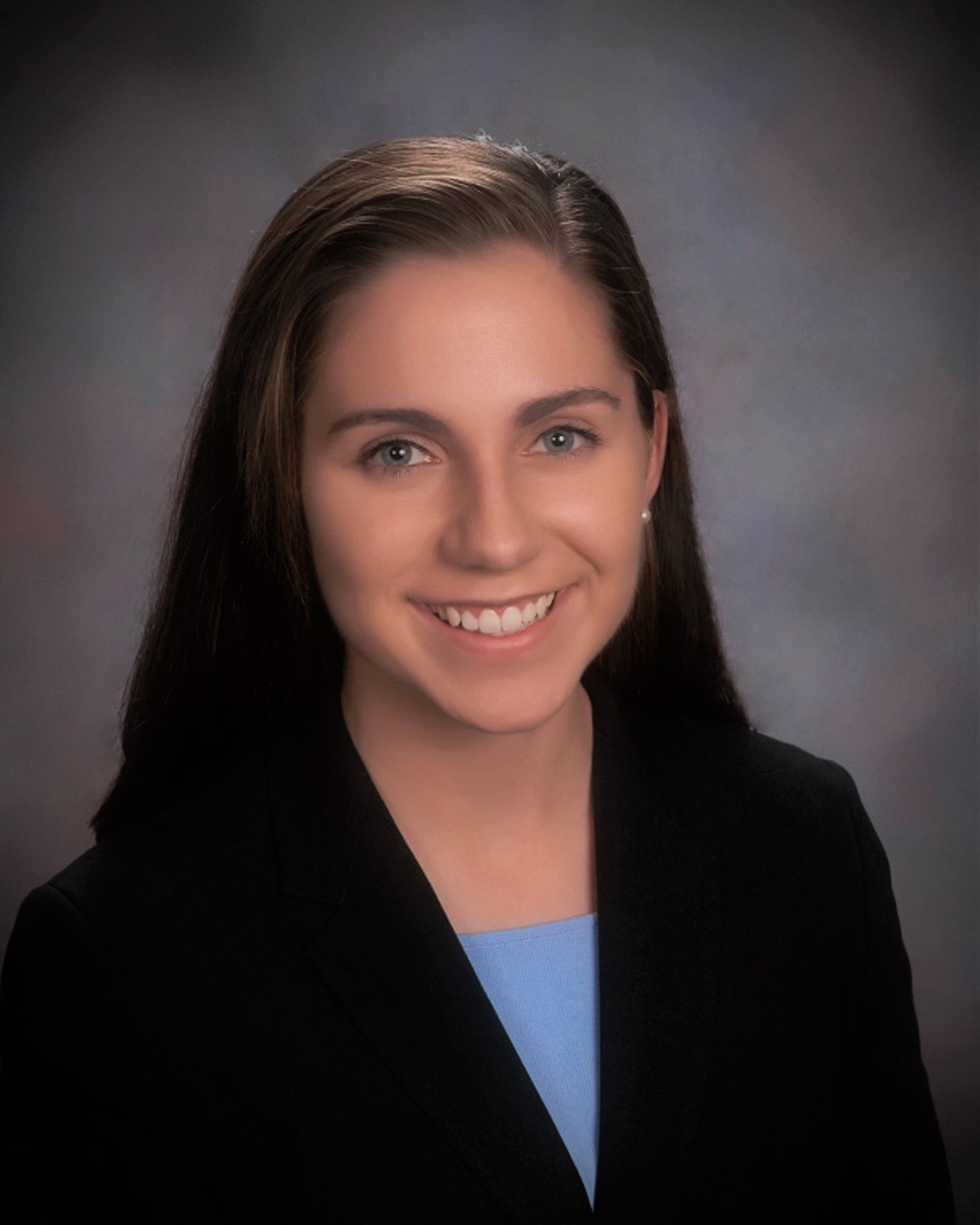
Catherine Newman
- Alumni
- United States
- 2016 MPhil Biological Science (Biochemistry)
- Churchill College
Previous Education
Duke University
Tin Long Chris Ng
- Scholar
- Hong Kong
- 2021 PhD Pharmacology
- Jesus College
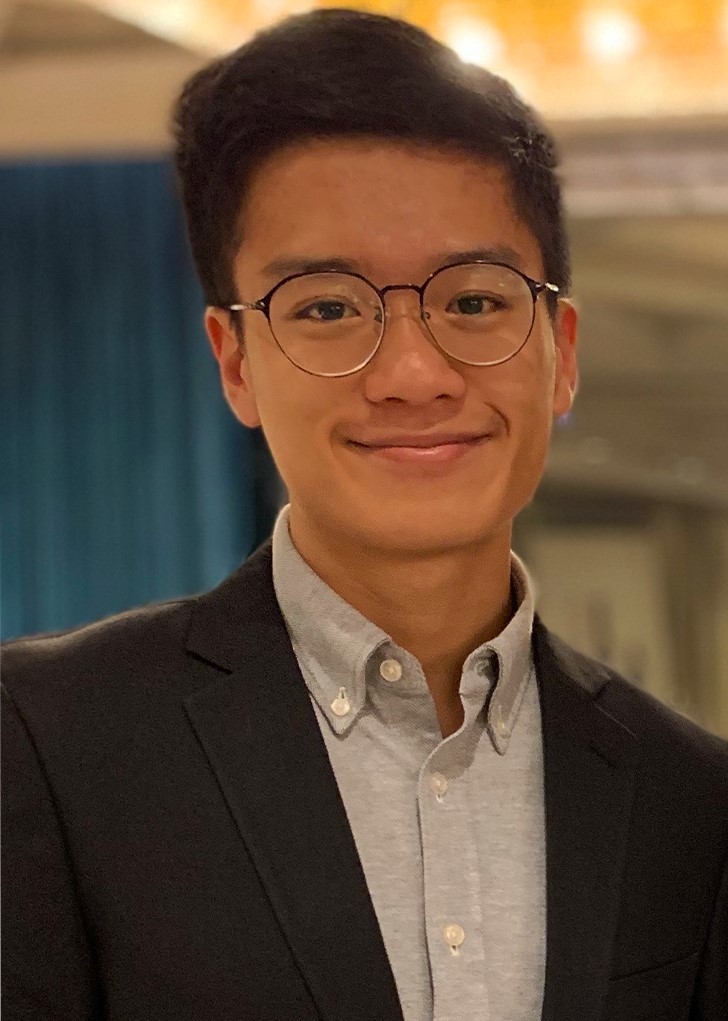
Tin Long Chris Ng
- Scholar
- Hong Kong
- 2021 PhD Pharmacology
- Jesus College
Coming from a modest local family in Hong Kong, I am the first of my immediate family to attend university. My mother often quoted a Chinese adage: ‘dream big, act small’, a phrase that inspired me greatly and, along with a supportive upbringing, fuelled my goal of being a biological researcher to aid the future of medical science. During my undergraduate studies at the Chinese University of Hong Kong, joining two research groups gave me the ground to explore a wide range of disciplines revolving around biochemistry, protein engineering, cell biology, and immunology. In my semester abroad at UC Berkeley, I took courses related to molecular pathologies such as cancer biology and infectious disease pathobiology. I treasured the tackling of difficult questions with others of diverse backgrounds and mindsets. My internship in a genetic diagnostic company strengthened my determination to focus on translational medicine and drug discovery in my postgraduate degree. With the support of this prestigious Gate-Cambridge Scholarship, I will be conducting a PhD in pharmacology seeking to study a novel strategy to treat cancers utilising a unique protein structure, allowing me to further contribute to the world’s scientific and medical fields.
Yew Ng
- Alumni
- Singapore
- 2006 PhD Zoology
- Trinity Hall
Yew Ng
- Alumni
- Singapore
- 2006 PhD Zoology
- Trinity Hall
My research topic at Cambridge is on the aerodynamics involved in the flight of dragonflies. Specifically, I will be studying the fluid structural formations and interactions which lead to the high lift performance of dragonfly wings. This, however, would have been impossible without the necessary support, so many thanks to the Trust!
Yifan Ng
- Alumni
- Singapore
- 2008 PhD Surgery
- Churchill College
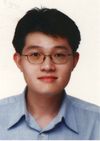
Yifan Ng
- Alumni
- Singapore
- 2008 PhD Surgery
- Churchill College
I started dabbling in science and research from 11, and won an award that year for my invention to aid the daily lives of people with rheumatoid arthritis. At 18 I won the Merit prize in the Singapore National Science Talent Search based on a biochemistry project investigating a particular enzyme in the venom of the poisonous Malaysian krait (Bungarus candidus). For my PhD I intend to work on stem cells and development, which complements with my clinical goal of becoming an obstetrician and gynaecologist – I wish to look at the developmental basis of subfertility and help couples everywhere bring their own little bundles of joy into the world.
Chioma Ngonadi
- Alumni
- Nigeria
- 2015 PhD Archaeology
- King's College
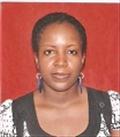
Chioma Ngonadi
- Alumni
- Nigeria
- 2015 PhD Archaeology
- King's College
I was born and raised in Anambra State, southeastern Nigeria and bagged a First Class Honors in Archaeology from University of Nigeria, Nsukka. In 2010, I completed my MA in Archaeology from the University of Dar es Salaam, Tanzania funded by SIDA/SAREC through African Archaeology Network. My MA research was on a comparative study of the pottery from sites in coastal Tanzania. I focused on Mwangia pottery, a variant of Early Iron Working pottery (EIW) and compared it to the subsequent Triangular Incised Wares (TIW) tradition. Analysis of pottery showed that TIW has closer cultural affinities to Mwangia than the preceding traditions (Limbo and Kwale). My love for archaeology has taken me to Comoros Island, Uganda and Tanzania. At Cambridge, my PhD thesis seeks to examine the origin and development of farming over the longue duree in Lejja,southeastern Nigeria. Through ethnography, survey and excavation, my study will establish and outline a cultural sequence with focus on the last 3,000 years and thus analyze broad scale changes in agricultural practices of these communities over this period. I am excited to join the Gates community and I look forward to developing my skills and knowledge in order to have a lasting career in Archaeology.INTERESTS: Reading, writing, volunteering, watching football, interesting movies, scrabble, visiting archaeological sites and museums.
Previous Education
UNIVERSITY OF NIGERIA, NSUKKA
UNIVERSITY OF DAR ES SALAAM
Mutevu Ngove
- Alumni
- Kenya
- 2001 Diploma Computer Science
- Downing College
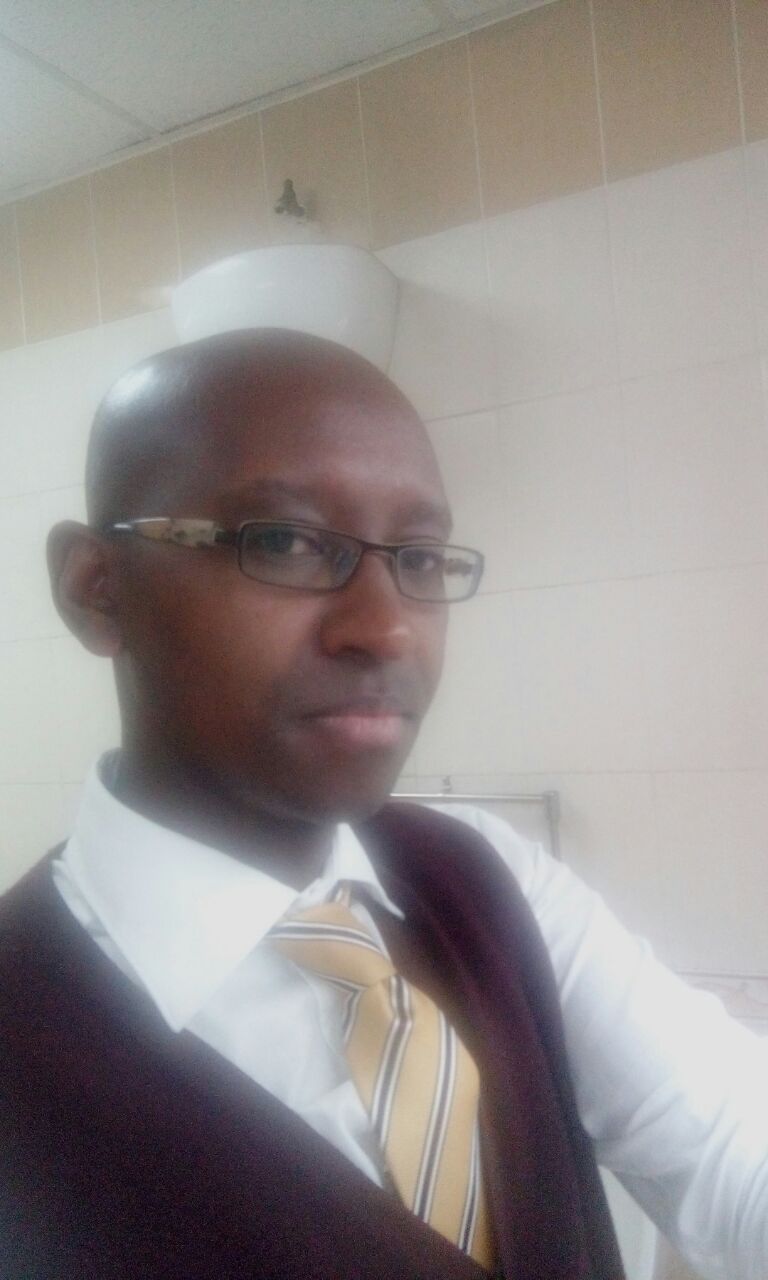
Mutevu Ngove
- Alumni
- Kenya
- 2001 Diploma Computer Science
- Downing College
After graduating from University of Cambridge in 2001, I came back to Kenya and continued working for the Central Bank of Kenya (CBK) - which had granted me study leave to pursue further studies. In early 2008 I got promoted to a Manager position and was charged with the responsibility of setting up an IT Projects Office here in CBK. With over 10 years experience is systems administration, design, development and implementation, it was the right moment for me to move a level higher by introducing Project Management in CBK to foster best practice in Portfolio Selection and Management
Previous Education
Jomo Keyatta University of Agriculture & Technology B.Sc Applied Mathematics & Computer Science 1996
Hoang Minh Hieu Nguyen
- Scholar
- Viet Nam
- 2023 MPhil Medical Science (Clinical Neurosciences)
- Fitzwilliam College
Hoang Minh Hieu Nguyen
- Scholar
- Viet Nam
- 2023 MPhil Medical Science (Clinical Neurosciences)
- Fitzwilliam College
I was concerned about the lack of adequate healthcare in my hometown. For this reason, I established the first student-run NGO in my province to provide medical support to vulnerable indigenous families. This accomplishment helped me to be selected as the representative of Vietnam at the Pearson UWC in Canada with 200 students from more than 100 countries. Despite the relentless efforts, I encountered many situations where treatments were unavailable due to the limit of science and costs. This realization inspired me to advocate for interdisciplinary approaches in global health initiatives, which integrate research and entrepreneurship. For this reason, I participated in many research projects in Middlebury College, MSKCC and Rockefeller University. Besides, I collaborated with the World Telehealth Initiative and local government officials to establish Kenya's inaugural telemedicine program, aimed at increasing access to healthcare. At Cambridge, I seek to understand the prevalence and potential mechanisms of extrachromosomal DNA genesis in glioblastoma. This study holds promise in establishing the first precision therapy for glioblastoma, and presents potential therapeutic options for other cancers that share the same etiology.
Previous Education
Middlebury College Neuroscience 2023
Kieu Nguyen
- Alumni
- Viet Nam
- 2003 PhD Chemical Engineering
- Fitzwilliam College
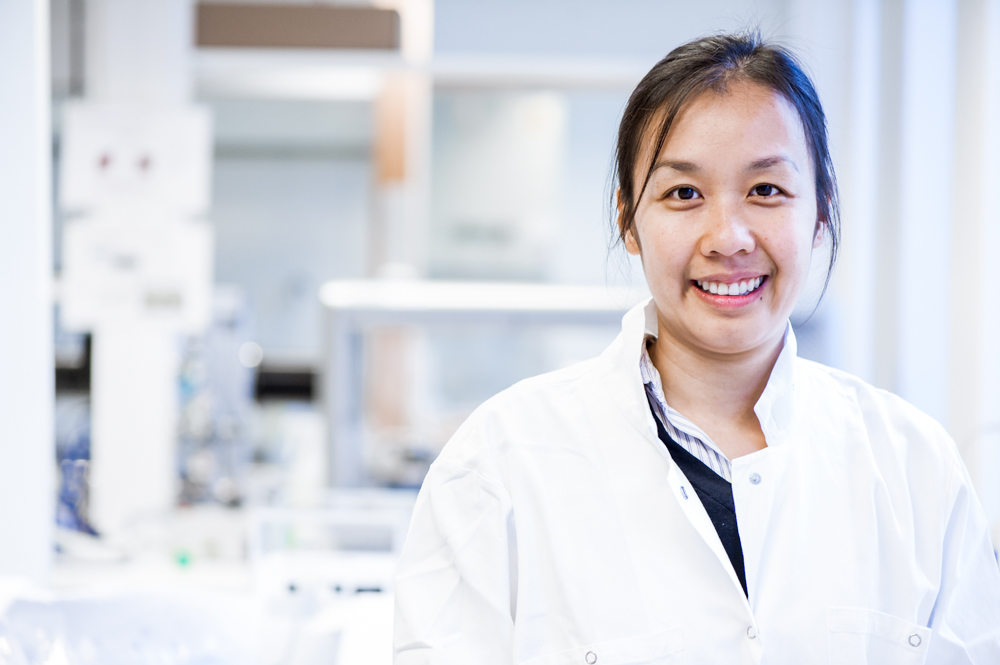
Kieu Nguyen
- Alumni
- Viet Nam
- 2003 PhD Chemical Engineering
- Fitzwilliam College
Previous Education
University of Adelaide Bachelor of Engineering (Chemical) 2003








